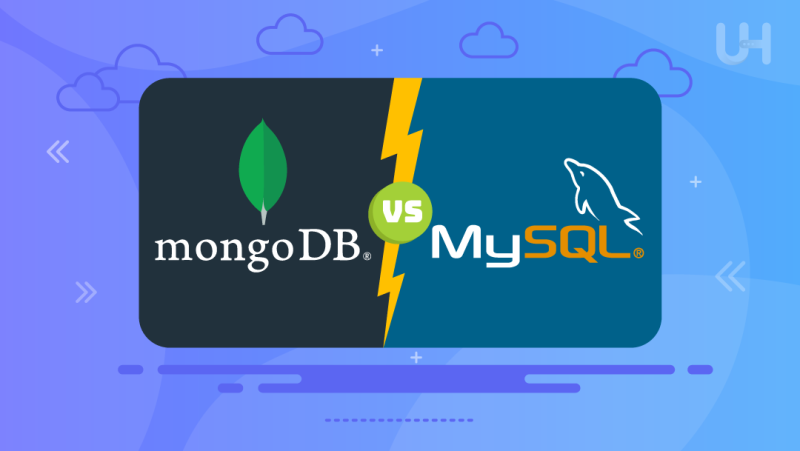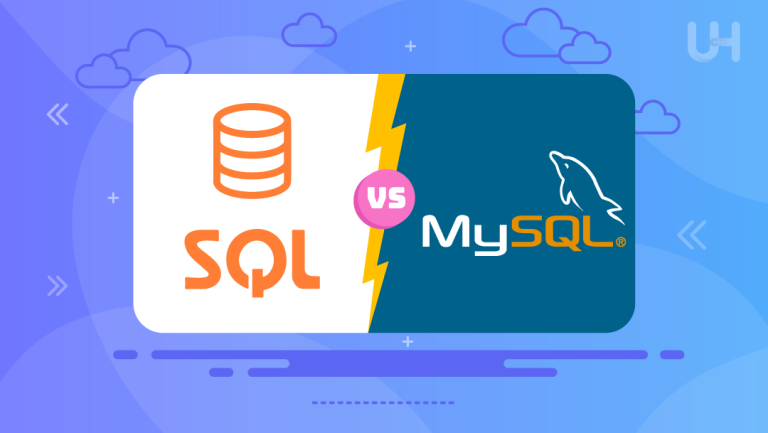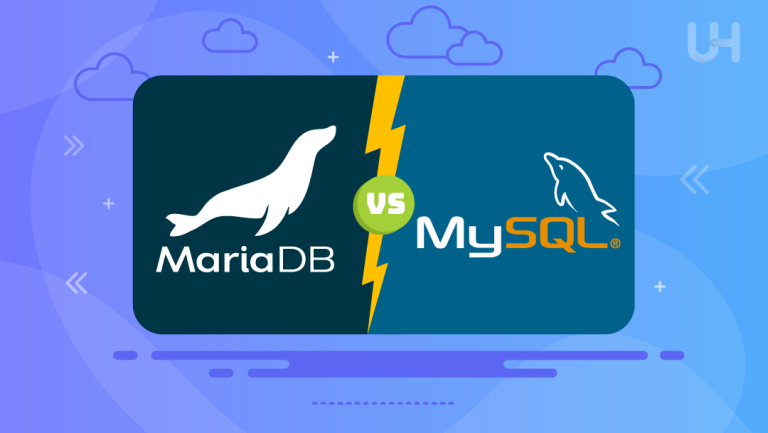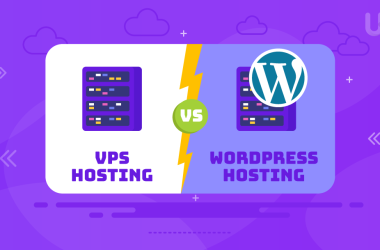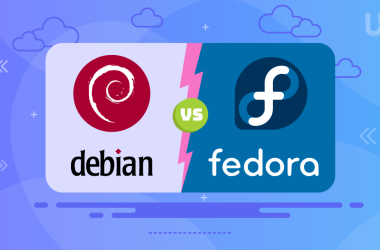MongoDB vs MySQL are the two commonly used databases in recent times, each with distinct features that make them suitable for different applications. Entering 2024 will require understanding these differences in databases so that you can make the right decisions for your projects.
In this article, we identify the key differences, advantages, and drawbacks of MongoDB and MySQL, making an effective comparison that will enable one to decide which database system may be better for one’s needs.
What is MongoDB?
MongoDB is a NoSQL database representing data in a flexible, JSON-like format. The schema-less feature allows diversified data structures to be stored without the need to define any predefined schema markup. Horizontal scaling makes it very suitable for applications involving large dispersal of data across several servers. MongoDB also supports many programming languages, making approaching any developer with a different background easier. In addition to this, the cloud-based service by MongoDB Atlas makes deploying and running MongoDB easy so that anyone interested in dealing with databases in the cloud will not be interrupted.
What is MySQL?
MySQL is a relational database management system (DBMS) that uses structured query language to manage table data. Known for its reliability and robust transactional support, MySQL forms the basis of industries where ACID (Atomicity, Consistency, Isolation, Durability) compliance is necessary, such as finance and healthcare. Tools like MySQL Workbench are part of the entire MySQL ecosystem and are used for unmetered dedicated server administration, data modeling, and migration. To a great extent, it is further helped out with extensive documentation and community support for a new user. Due to its structured format, MySQL provides consistency and integrity in data and is reliable for applications with stable and defined data structures.
MySQL vs MongoDB: Feature Comparison
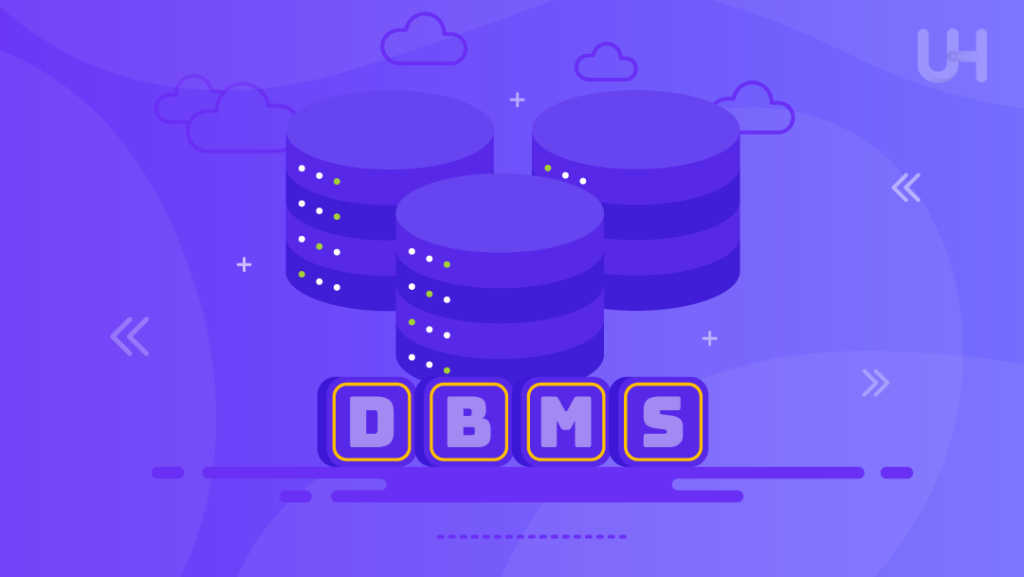
When evaluating MongoDB vs MySQL, it’s crucial to understand their distinct features and functionalities to determine the best fit for your specific needs.
Performance and Scalability
MongoDB works brilliantly in cases that involve horizontal scaling and high output. This is because it has sharding abilities as a part of its design, which becomes quite vital when dealing with large data volumes. As a result of such horizontal scaling, MongoDB has become the darling choice for vast volumes of data and high write loads, such as in real-time analytical applications and content management systems. In addition, due to its architecture, MongoDB handles unstructured data efficiently; hence, it could be used in a number of solutions for modern web-based applications.
MySQL has its niches in performance and scalability for read-heavy operations. It allows vertical scaling, usually by adding more resources to a single server. MySQL replication and clustering enhance the scalability and availability of the system; hence, it is particularly fit for applications with constant read operations, such as e-commerce applications and financial systems. Its performance schema allows users to observe and even fine-tune query execution for efficient data retrieval and processing. MySQL offers a robust solution for businesses looking for high-performing and reliable e-commerce hosting.
Specialized Hosting For Top-notch Performance!
Decided to go with MySQL? Ensure optimal performance and reliability with UltaHost’s MySQL Hosting. Get started today and experience the best in database hosting solutions!
Data Structure and Flexibility
The schema-less design of MongoDB allows for different data types to be hosted within the same collection. This flexibility benefits projects with changing data models, like social network hosting services or content management systems. It processes JSON-like documents efficiently for storage and retrieval, owing to BSON or Binary JSON. This makes it versatile for modern web applications. For instance, it is easy to integrate MongoDB into several programming environments, which supports fast development and deployment.
MySQL requires structured formats with predefined schemas to guarantee data consistency and integrity. Such rigidity is welcome in applications with stable and well-defined data structures. The relational model allows easier complex queries and join operations—these are the activities at the core of transactional systems and data analysis. Structure in MySQL is maintained by the use of schemas, assuring relationships between data to give a clear structure for manipulating and retrieving data.
Security
Security features in MongoDB include role-based access control, authentication, encryption, and auditing. Among the many security benefits of MongoDB, one of the biggest concerns is its SQL injection attacks, which are mostly inherent in SQL-based databases. This threat is greatly reduced with the use of JSON-like documents in MongoDB since subqueries can’t support direct string injections. MongoDB Atlas extends these security advantages further through network isolation, encryption at rest, automated backups, etc., for both in-transit and at-rest data protection.
MySQL has a wide range of security functionalities, such as premium SSL encryption of the MySQL protocol for connections, mechanisms of password policies, and user authentication. However, it is more vulnerable to SQL injection attacks than MongoDB. Nevertheless, secure coding practices and adequate input validation will limit those risks. Some of the security features of MySQL include data masking and authentication plugins that afford additional layers of protection of sensitive data, making it reliable for applications with stringent security requirements.
Cost and Licensing
MongoDB has open-source and enterprise versions. Its open-source version offers great features that would work quite well for most purposes. In contrast, the enterprise version adds further features like advanced security, analytics, and support. Deployment and management have been further supplemented with MongoDB Atlas; however, this also comes at associated costs. Such flexibility within the license options available in MongoDB can help organizations scale their support and features quickly.
MySQL is available under the GNU General Public License. This open-source license approach is very cost-friendly for a number of projects. Oracle Corporation also makes an enhanced version with extended features and support options available. The low total cost of ownership explains why MySQL has become a favorite choice for startups and small business applications. A wide range of tools and community resources are also available to reduce the cost of implementing and supporting MySQL databases further.
MongoDB vs MySQL: Which One To Choose?
MongoDB is suitable for:
- Real-Time Analytics: It is suitable for real-time data analysis due to its huge data volumes and fast read/write operations.
- Content Management: The flexible scheme allows for the storage and retrieval of all kinds of content.
- IoT Applications: MongoDB can efficiently store and process huge amounts of data from any IoT device.
- Mobile Applications: This would suit mobile applications that require efficient data synchronization and storage functionality due to MongoDB’s scalability and flexibility.
MySQL is suitable for:
- E-Commerce Sites: The requirement of ACID compliance and structured transactions in online stores makes MySQL a reliable choice.
- Financial Systems: MySQL’s toughness regarding data privacy and data security is essential to managing sensitive financial information.
- Healthcare: MySQL, since it offers very high consistency in data and compliance with regulatory standards for its various healthcare applications.
- Enterprise Applications: MySQL can support enterprise application requirements because it includes complicated queries and high-scale data management. Thus, it is used in enterprise-level applications that want high performance, reliability, and security features.
Conclusion
While choosing between MongoDB vs MySQL in 2024, you have to consider your project’s specific requirements. MongoDB offers flexibility, scalability, and ease of operation in modern and data-intensive applications. On the other hand, MySQL runs on a structured approach with strong transactional support and is popular among its developers, so it will fit quite well in applications requiring high data integrity and security measures. Both databases are battle-tested and continue to move up to this day while staying relevant in the ever-changing database management landscape.
Explore Ultahost’s Java Hosting services and unleash the full potential of your chosen database solution. Whether you opt for MySQL or MongoDB, we’ve got you covered with reliable hosting tailored to your needs.
FAQ
What are the main differences between MongoDB and MySQL?
MongoDB is a NoSQL database for unstructured data, while MySQL is a relational database for structured data using SQL.
Which database is better for real-time analytics, MongoDB or MySQL?
MongoDB is better for real-time analytics because it can handle large volumes of data and perform quick read/write operations.
Can I use both MongoDB and MySQL in the same project?
Yes, you can use both in the same project. MongoDB can handle unstructured data, while MySQL can manage structured transactions.
Is MongoDB more secure than MySQL?
Both offer robust security. MongoDB resists SQL injection attacks well, while MySQL provides SSL encryption and user authentication but requires careful implementation.
Which database is more cost-effective, MongoDB or MySQL?
Both offer open-source versions. MongoDB has a free version and a paid enterprise version. MySQL is free under the GPL, with a commercial version available from Oracle.





